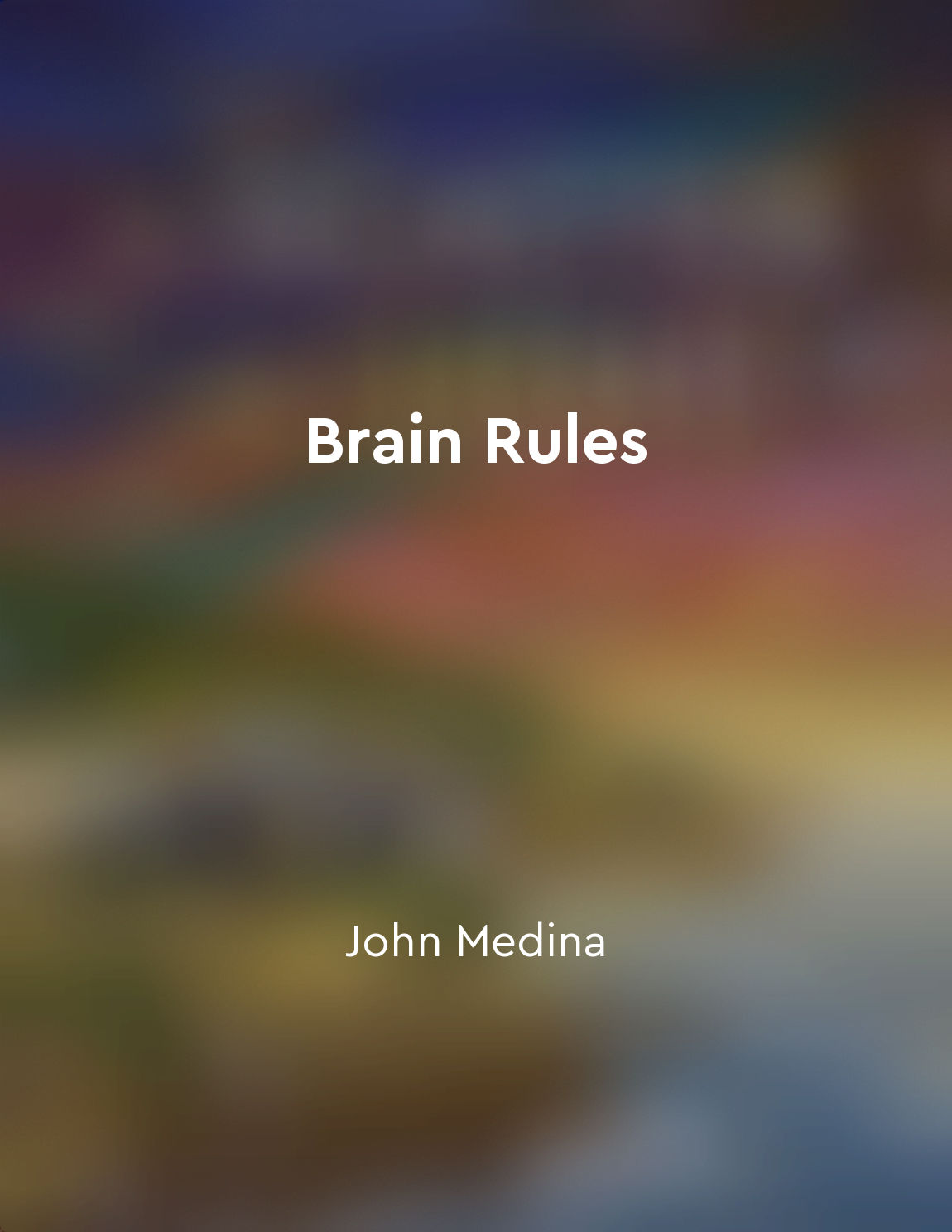Audio available in app
Cultural differences influence mate preferences from "summary" of The Evolution of Desire by David M. Buss
Cultural differences play a significant role in shaping our preferences when it comes to choosing a mate. These differences can be observed in various aspects such as physical attractiveness, personality traits, and even desired relationship characteristics. For example, what is considered attractive in one culture may not necessarily be seen as attractive in another. In some cultures, physical attractiveness is highly valued, and individuals may place a strong emphasis on finding a partner who meets certain standards of beauty. This can be seen in societies where there is a premium placed on youthfulness, symmetry, and other physical traits that are associated with health and fertility. On the other hand, in cultures where other qualities are valued more highly, such as intelligence, ambition, or social status, preferences for physical attractiveness may take a back seat. Personality traits also play a role in mate preferences and can vary across cultures. For example, in some cultures, traits such as kindness, empathy, and emotional stability may be prioritized when choosing a partner. In contrast, in other cultures, traits such as assertiveness, dominance, and independence may be more highly valued. These differences in preference can be influenced by cultural norms, values, and expectations regarding gender roles and relationships. Furthermore, cultural differences can also influence desired relationship characteristics. In some cultures, individuals may place a greater emphasis on finding a partner who shares similar values, beliefs, and goals. In other cultures, factors such as family approval, social status, and financial stability may be more important considerations in mate selection. These cultural differences can shape not only who we find attractive but also the qualities we prioritize in a long-term partner.- Cultural differences play a significant role in shaping our mate preferences. These differences are influenced by a variety of factors, including societal norms, values, and expectations. By understanding the impact of culture on mate preferences, we can gain insight into the complexities of human mating behavior and the diverse ways in which individuals choose their partners.
Similar Posts

Humans have a diverse mating strategy
The idea that humans have a diverse mating strategy challenges the conventional wisdom that monogamy is the natural state for o...
Recognize the beauty of love in all its forms
The essence of love is not confined to a single definition or manifestation. It is a force that transcends boundaries and defie...
Maintain a healthy balance of independence and togetherness
When it comes to relationships, it is essential to strike a delicate balance between independence and togetherness. It is cruci...
Nurturing emotional connection can enhance physical intimacy
Building a strong emotional connection with your partner is the key to enhancing physical intimacy. When you take the time to n...
Succeeding in love by understanding and appreciating women
To truly succeed in love, one must strive to understand and appreciate women. This is not just a simple task, but rather a comp...
Set realistic expectations
Setting realistic expectations is crucial when it comes to dating. Many people enter the dating world with high hopes and grand...

The mind is like an elephant and rider, with emotions being the elephant and reason being the rider
Imagine your mind as a rider sitting atop an elephant. The rider represents your conscious reasoning and decision-making abilit...

Vibrational alignment is key to harmonious relationships
The fundamental key to creating and maintaining harmonious relationships lies in vibrational alignment. When two individuals ar...
Natural selection favors genes that enhance their own survival
The genes that survive are not necessarily the ones that produce the most successful organisms. They are the ones that are good...

Humans develop specialized skills
The human brain has an amazing ability to develop specialized skills. This process begins early in life, as the brain's neural ...

